Discussing The Global Education Opportunity in Moscow
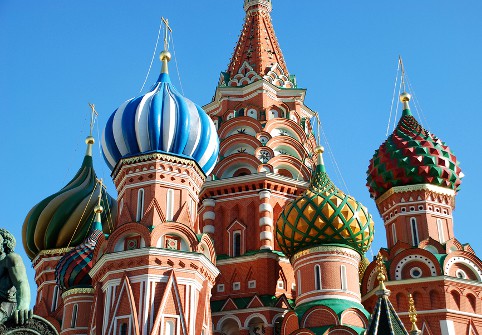
A Chilean mystic, an Argentinian systems thinker, a Harvard VP, a Scottish consultant, and a French researcher met in Moscow to discuss the future of education. Not your typical attendees for a US EdTech conference, they were joined by 9 Russian scholars and another diverse dozen international attendees. Each made a case for how their work could contribute to improved global education opportunity.
5 hosts. The meeting was hosted in Moscow by Global Education Futures Forum and a group of partners:
- #GEFF is a, “Global gathering of leaders who represent a wide range of groups holding stakes in the transforming world of education and learning, yet all sharing the vision of educational systems becoming more flexible, open, accessible, and capable of addressing human learning needs across different stages of life.”
- GEFF is sponsored by Skoltech–Skolkovo Institute of Science & Technology, a three year old partnership co-founded by the Skolkovo Foundation in Russia and MIT. The new university is a bridge between research and innovation in EdTech, biotech, energy tech, and space.
- Agency of Strategic Initiative is coordinating a framework of national competencies and qualification. They also coordinate national platform and content initiatives.
- Institute of Education at the Higher School of Economics, a three year old leading research body.
- Tomsk State University is the oldest university in Siberia.
5 observations. The meeting was unbounded by US conventions or policy idiosyncrasies and wandered far afield. Hosted near Red Square, the setting was a cultural experience.
- Diverse planet. Moscow is a sprawling modern city. With a different alphabet and relatively few English speakers it can be disorienting place for Western travelers–a reminder that we share the globe with 7 billion people with very diverse world views.
- EdTech opportunity. Recognizing the selection bias, the global leaders were optimistic about the potential for tech-enriched environments to promote deeper learning and to extend access to quality.
- Creativity. The group favored active engagement, project-based learning, and performance assessment with strong and shared interest in boosting creativity and initiative.
- Entrepreneurial U. Institutions of higher education should embrace their role in knowledge formation and should create innovation partnerships with government and business—what Henry Etkowitz calls the Triple Helix.
- Media literacy. Visiting other counties helps me be more conscious of the media that I consume and its origins and biases. I watched a couple days of Russia Today (RT). Its glossy CNN-like coverage of world news has a good dose of what’s wrong with the US. Ron Paul gets a lot of airtime. They cover war crimes in Ukraine and citizen concerns about fracking in the US (perhaps because Russia is the largest exporter of natural gas). RT called BS on the chummy relationship between US news outlets and politicians; they openly mock US news infotainment. Larry King has resurfaced on RT with PoliticKing.
5 questions. The group wrestled with good questions:
- How to motivate struggling students and promote equitable outcomes?
- How to avoid bureaucratization of qualifications?
- What will the role of the university be in the future and what will the postsecondary landscape look like?
- How to capture and share knowledge? (i.e., upload global, download local)
- How to serve billions of young people in extreme poverty?
Several advisors called on the big question—it’s not just about better traditional outcomes. We are failing to prepare young people for life on an interconnected and interdependent planet.
5 good ideas. A few advisors advanced promising suggestions:
- Students should know what, why, and how, but equally important they should care what, care why, and care how (Alexander Laszlo, Argentina, ISSS)
- Fast affordable evaluation to test new tools and strategies (Oliver Brechard, France)
- Countries can use pull mechanisms like the Open Education Challenge, a competition to identify the top education startups and provide them with the support and funding necessary to make a significant impact (Oliver Brechard, France).
- An international character development curriculum would allow teachers to share tools, resources, and strategies (Charles Fadel, Center for Curriculum Redesign).
- Korea seeks to create more smart learning with a creativity focused curriculum and happy school environments (Eunji, Seoul National University).
Unlike U.S. conferences where the usual suspects dissect rotation models, this EdTech conference stayed well above 30,000 feet and frequently wandered into purpose and meaning.
5 recommendations. I suggested that every country needed innovation, investment, incubation, and advocacy in support of next gen learning:
- 4.0 Schools is New Orleans-based incubator of talent, EdTech, and new school models. As noted in my new book, Smart Cities, every city should have incubator capacity like 4.0 Schools.
- Next Generation Learning Challenge is a national grant program promoting blended, personalized, and competency-based models of secondary and postsecondary education. Every state/country should have a similar program.
- The International Association for K-12 Online Learning promotes next generation learning, convenes practitioners and advocates for better state and federal policy.
- Learn Capital and Rethink Education are venture funds producing high impact and high returns. See Boosting Impact for more on impact investing.
- Affordable postsecondary models will incorporate blended, personalized, and competency-based components. (See feature on SNHU and College for America.)
Most of the Russian academics had at least one U.S. degree; some had spent 20 years in the states. Despite the recent political tension, the interest in academic partnerships remains high.




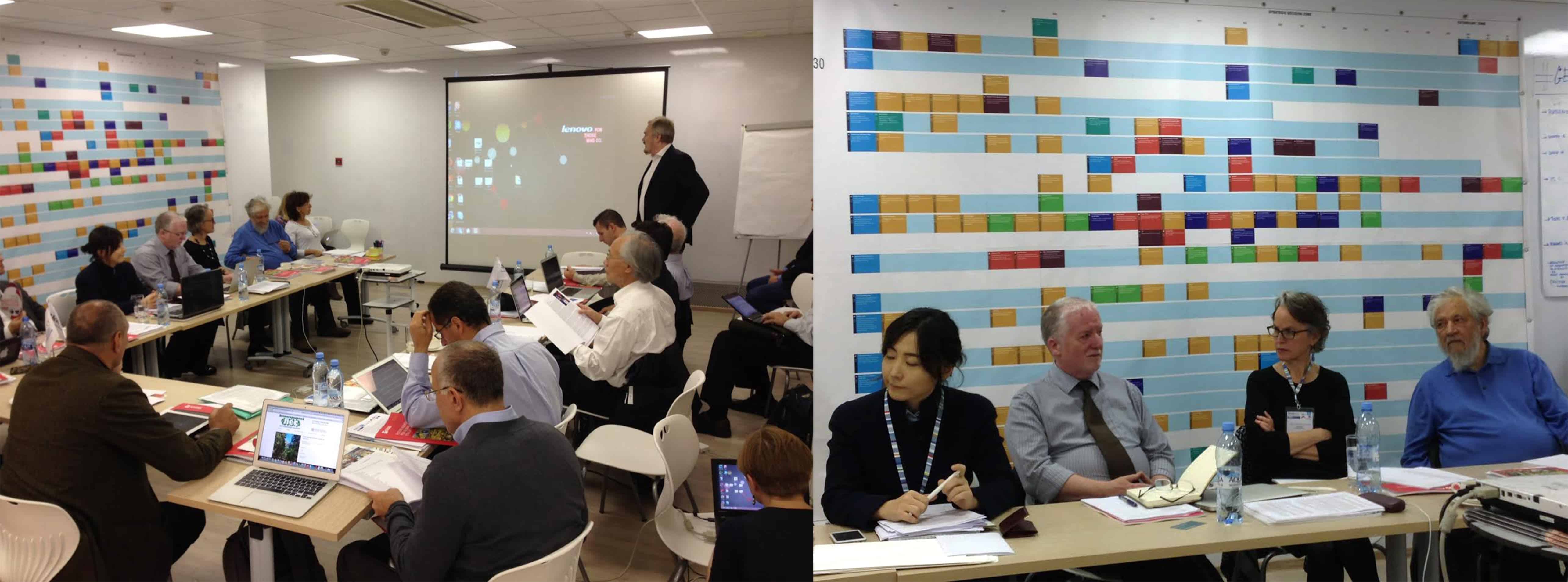
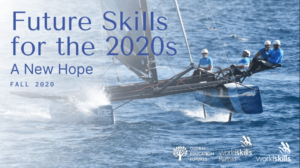
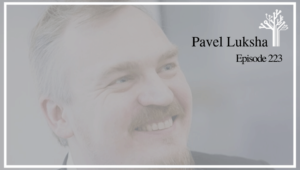

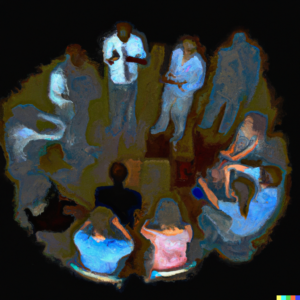
andrew
Hi Tom, I am not sure we spoke at the conference, and i don't have a record of your email-- but you write: "A Chilean mystic, an Argentinian systems thinker, a Harvard VP, a Scottish consultant, and a French researcher met in Moscow to discuss the future of education." I can work out all these folks except the the Scottish consultant. Do you have a name?
Your summary is useful, thanks for posting it.
Replies
Tom Vander Ark
Sorry, can't find the contact